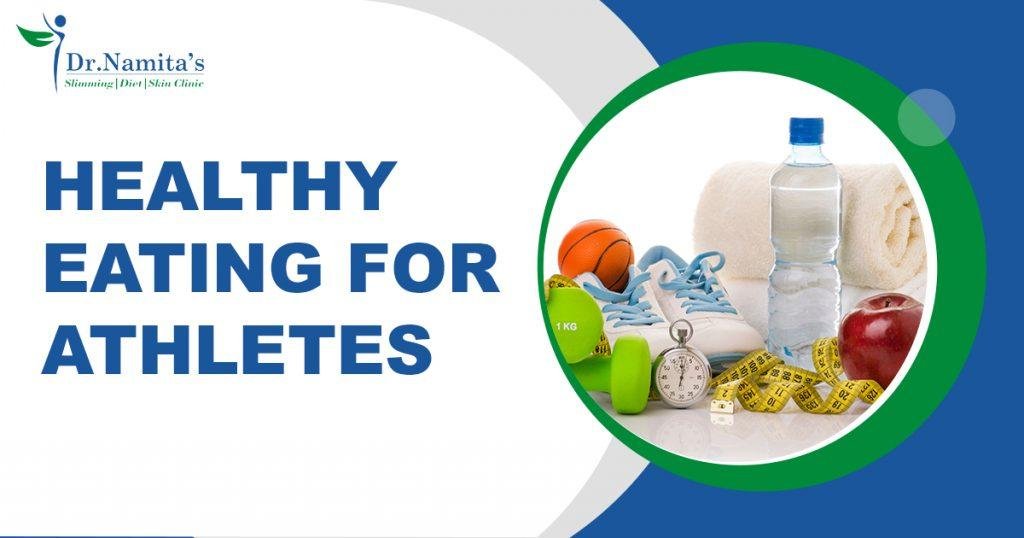Athletes regularly engage in strenuous exercise programs should be aware of the daily nutritional requirement. As an athlete, physical health is key to an active lifestyle. The individual depends on strength, skill, and endurance, In addition to allowing for optimal growth and development, engagement with the best nutrition is highly recommended.
Macronutrients, micronutrients, and fluids in the proper amounts are essential to provide energy for growth and activity. Maintaining a healthy diet that provides adequate energy and nutrients is vital to support intense training and optimize immune system functions.
Basic Energy requirements
Nutrition is important for growth, achieving good health, and providing energy. Sports nutrition enhances athletic performance by decreasing fatigue and the risk of disease and injury, it also enables athletes to optimize training and recover rapidly. Athletes who participate in weight class sports such as boxing, kickboxing, and mixed martial art are at risk for the adverse effect of poor energy consumption, such energy restrictions may cause loss of muscle density and may affect the performance of the athlete.
Balanced energy intake with energy expenditure is crucial to prevent an energy deficit. It can cause short stature, delayed puberty, menstrual dysfunction, and loss of muscle mass. Energy excess can result in obesity and overweight. Over time, low-calorie intake may result in a slower resting metabolic rate and inadequate consumption of essential vitamins and minerals.
Meal planning
One of the intricate things is to manage meal planning revolving around athletic events. The timing of every meal is very crucial for any sports individual. Athletes need to analyze foods they like that help maximize their performance. As a universal guideline eat meals a minimum of 3h before an event to allow for proper digestion and minimize the incidence of gastrointestinal upset during exercise. Meals consumed should include protein, carbohydrates, and fiber. A high-fat meal should be avoided.
Protein requirement
Protein is the building block of muscle tissue. Endurance athletes are advised to ingest between 1.2-1.4 grams of protein per kg, which is 10 to 30% of the total energy intake for an ideal 18-year-old. Ultra-endurance athletes are encouraged to consume protein in the range of 1.2-1.7g/kg. Good sources of protein include lean meat, fish, eggs, dairy products, beans, and nuts, including peanuts which are highly recommended by a diet coach.
Carbohydrates
It is the most essential fuel source for the athlete as they provide the glucose used for energy. They also maintain blood sugar levels to fuel exercise and workouts. Carbohydrates replenish glycogen which is the storage form of carbohydrates within muscles. The advised daily carbohydrate intake for athletes ranges from 6-10g/kg body weight.
Fats
Adequate fat intake is necessary for numerous metabolic activities that promote optimal health. They are also very necessary to absorb fat-soluble vitamins (A, D, E, K), to provide essential acids, protect vital organs and provide insulation. Fat intake for an athlete should be 20-35% of total daily calories since it is a calorie-dense source of energy (one gram provides nine kilo calories) but is more difficult to use. Good sources of fat include lean meat and poultry fish, nuts, seeds, dairy products, and olives.
Micronutrients and vitamins
Micronutrients work in a variety of roles that optimize health. They are mainly engaged in energy production, blood synthesis, and maintenance of bone health, and immune function. Ideally, athletes consume proper amounts of calcium, vitamin D, and iron. Calcium is very crucial for bone health, normal enzyme activity, and muscle contraction.
Recovery meal
It is mostly consumed within 30 min of exercise, and again within 2 hrs of exercise, to help reload muscles with glycogen and allow for proper recovery. These foods usually account for protein and carbohydrates. For a person-specific diet plan engage with Dr. Namita Nadar.

